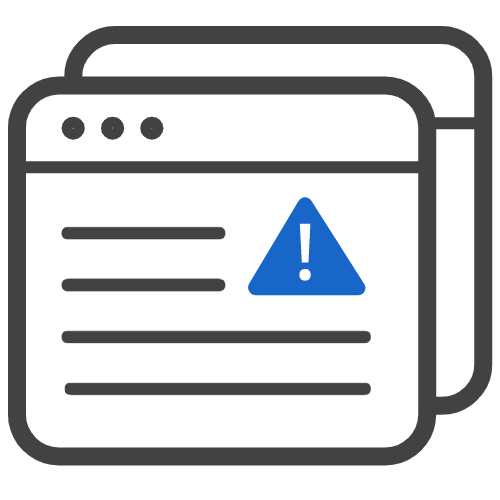
Spot and protect yourself from scams
Keep up to date with the latest scams to watch out for and tips to keep you safe.
Here’s what you can do to try and recover your money if you’ve lost out to a scam.
How you go about getting your money back, and how successful you’re likely to be, will depend on how the money was paid.
Watch our short video below to learn about the steps you can take to try to get your money back.
Different banks might have different policies on reimbursing victims of fraud, but all banks have a responsibility to protect your money.
If you think your bank hasn’t handled your case properly, you have the right to challenge its decision.

Being scammed can take a huge toll on your mental health. You might find it helpful to talk to someone about what you’re going through. It’s not your fault, and there are plenty of non-judgemental advice lines you can call who will understand.

Mind has a confidential information and support line, Mind Infoline, available on 0300 123 3393 (lines open 9am - 6pm, Monday - Friday).
Visit Mind
Victim Support has a free helpline where you can speak to someone confidentially available on 0808 16 89 111 (lines open 24/7).
Visit Victim Support
Keep up to date with the latest scams to watch out for and tips to keep you safe.

Guidance on how to report different types of scams and what to do straight away.

Our experts bring you the latest scam help, news & advice.
Latest News In
Latest scam news